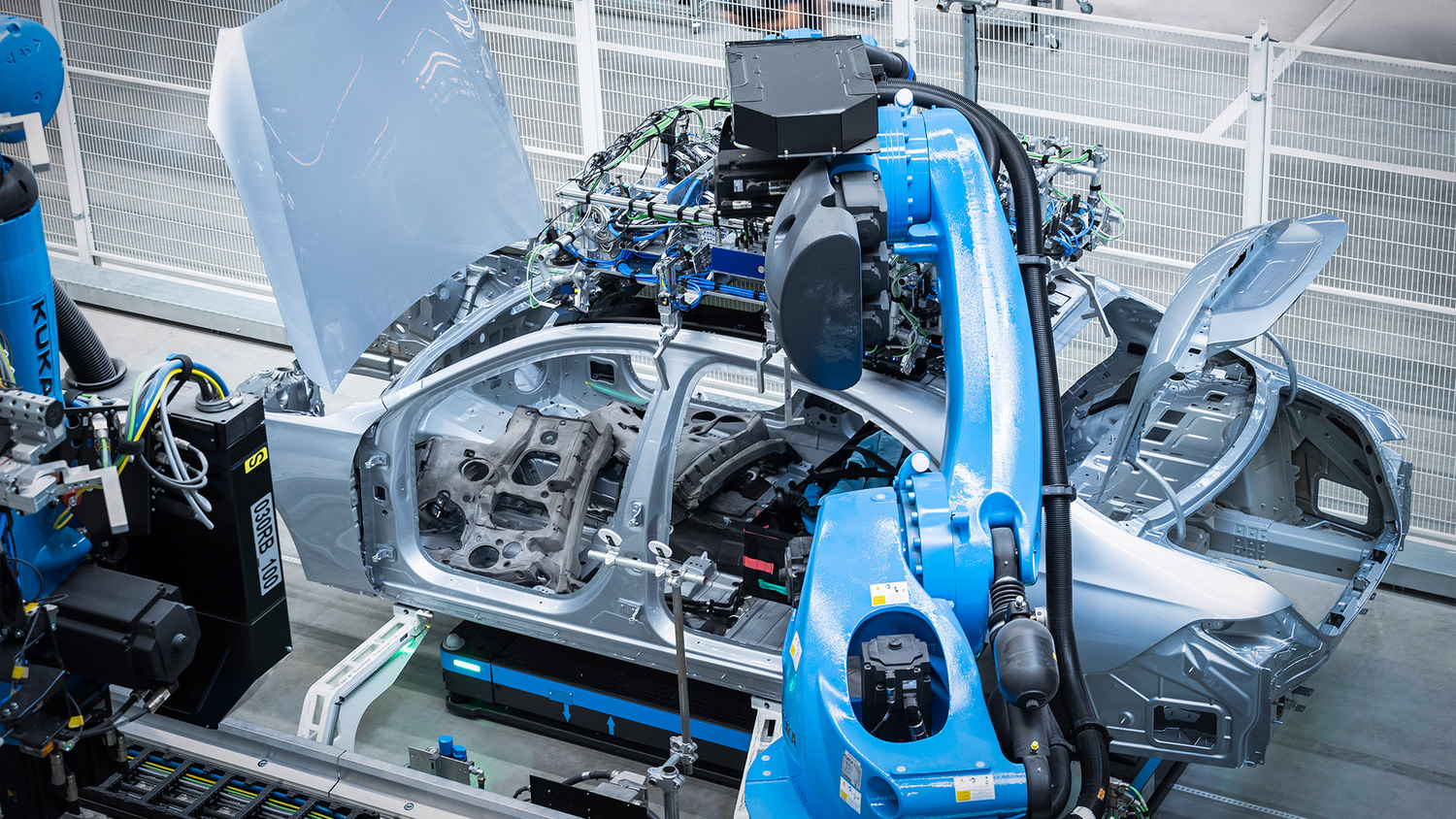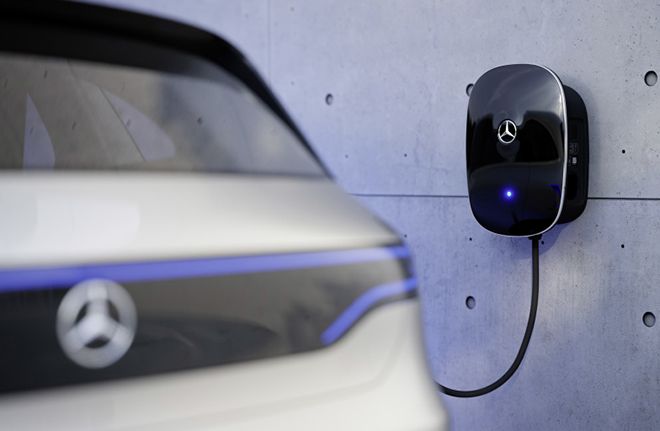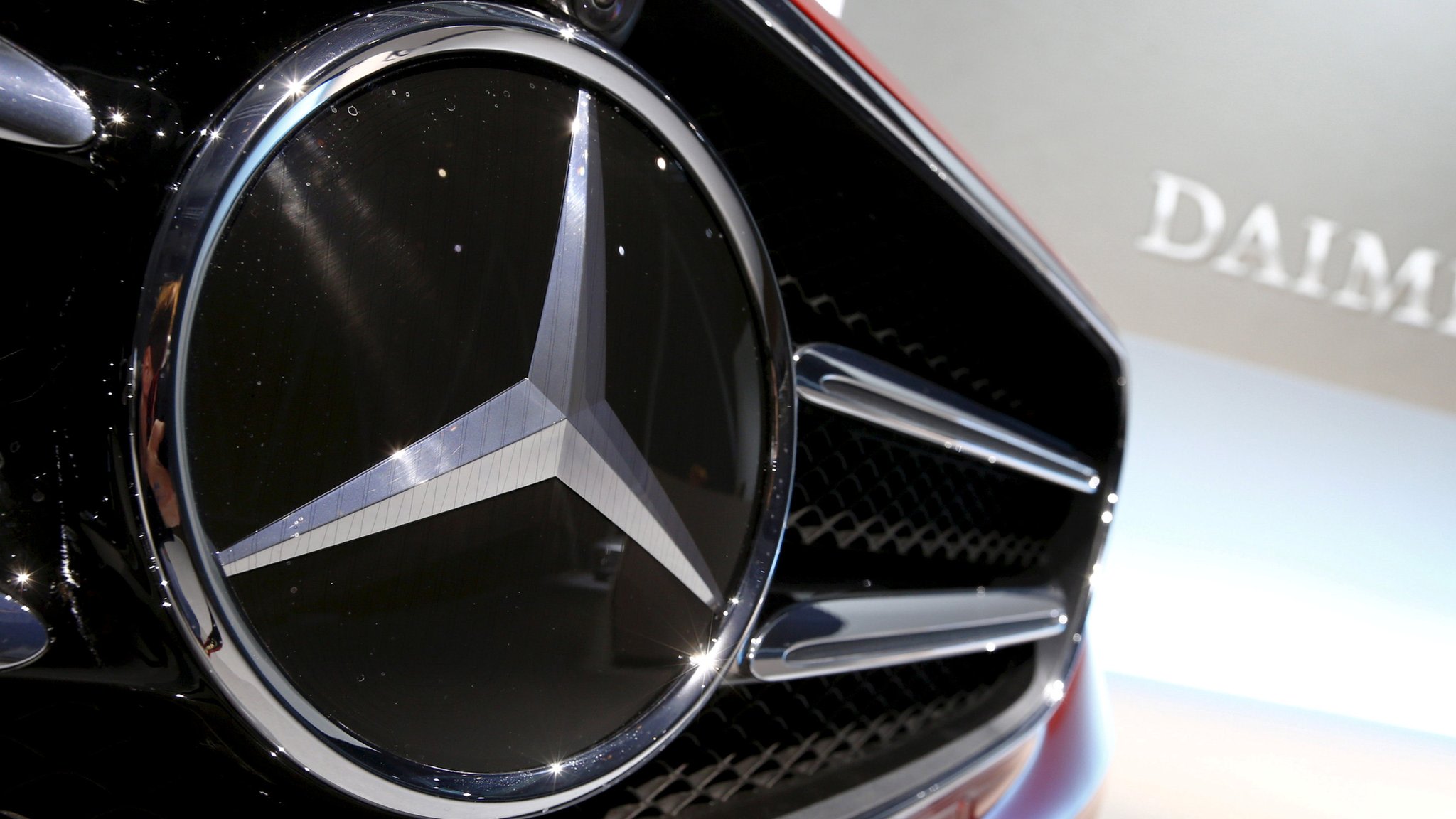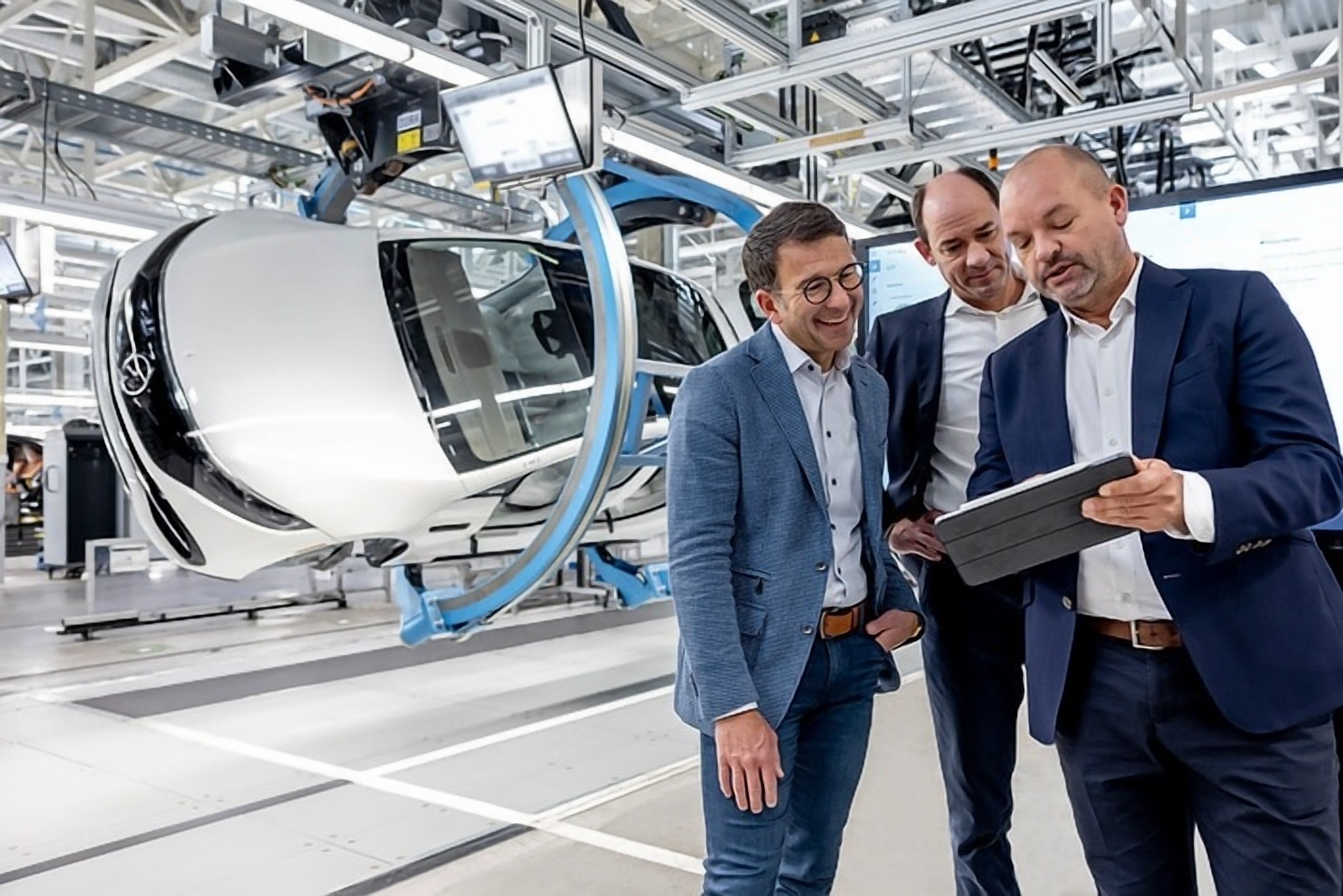Daimler Buses to Provide Carbon-Neutral Vehicles in All Segments by 2030
Mercedes-Benz Group
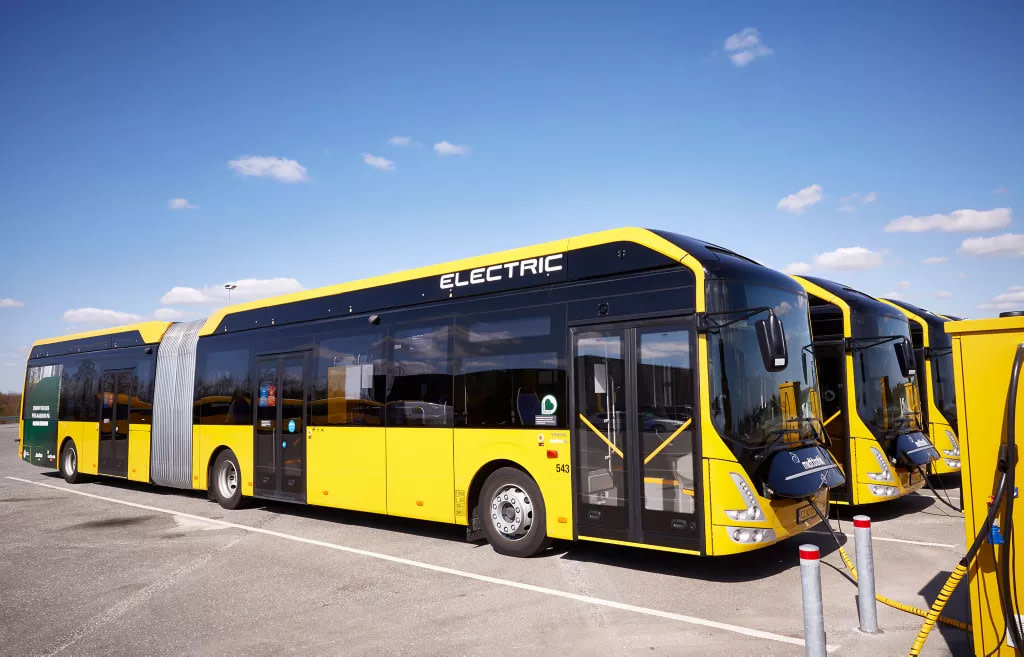
By 2030, Daimler Buses hopes to have CO2-neutral vehicles powered by batteries and hydrogen in all segments. The initial focus will be on Europe's and Latin America's core markets. Only locally CO2-neutral new vehicles will be marketed in Europe's core market by 2039.
In addition to expanding its inventory of CO2-neutral cars, Daimler Buses is increasing its service capabilities as a general contractor for customers' comprehensive electric infrastructure. It was announced recently at a Daimler Buses event in Mannheim by Till Oberwörder, the company's Head of Buses. Martin Daum, Chairman of the Board of Management of Daimler Trucks, and Dr Volker Wissing, Federal Minister for Digital and Transport, were also among the speakers.
As part of the global electrification of passenger transportation, Daimler Buses wants to launch the first all-electric intercity bus in 2025 and coaches with hydrogen-based fuel cell drives by the end of the decade. In keeping with its parent company Daimler Truck's dual-track approach, Daimler Buses is looking into both battery-electric and hydrogen-based technologies. This is the only way for Daimler Buses to come up with unique zero-emission solutions for its customers' different needs.
Till Oberwörder, Head of Daimler Buses, said:
"As a worldwide leading bus manufacturer, our ambition is clear: We want to make a contribution to contending climate change and be a driver of the change in transportation that is needed to achieve this. To this end, we are pursuing a clear electrification strategy and putting buses with alternative drive technologies on the road in series production. We want to offer locally CO2-neutral powertrains for each of our segments in our most important markets by 2030 and therefore make a clear commitment: from 2030 at the latest, we will only offer CO2-neutral new vehicles in the city bus segment in Europe and will not invest in Euro VII technology. We are focusing our development efforts entirely on the zero-emission and fully electrically powered eCitaro."
"We take a holistic view of electrification and go far beyond the vehicle itself. We supply our customers with electric mobility on a 'turnkey' basis, which means they get from us all the modules they need for functioning electric bus service: We supply the buses, we plan the necessary infrastructure as well as the charging management, we manage the conversion of the depot and we train the staff. Our goal is for electromobility to become an everyday reality in the bus business."
Dr Volker Wissing, Federal Minister for Digital and Transport:
"To achieve our climate goals, we need more zero-emission vehicles. We actively support public transport companies to decarbonise their fleets and provide them with the corresponding infrastructure. We have earmarked a total of 1.25 billion euros for this purpose. Our goal: by 2030, every second city bus should be electrified."
Source: Daimler Truck


